Chicken Meat Price Index hits record high
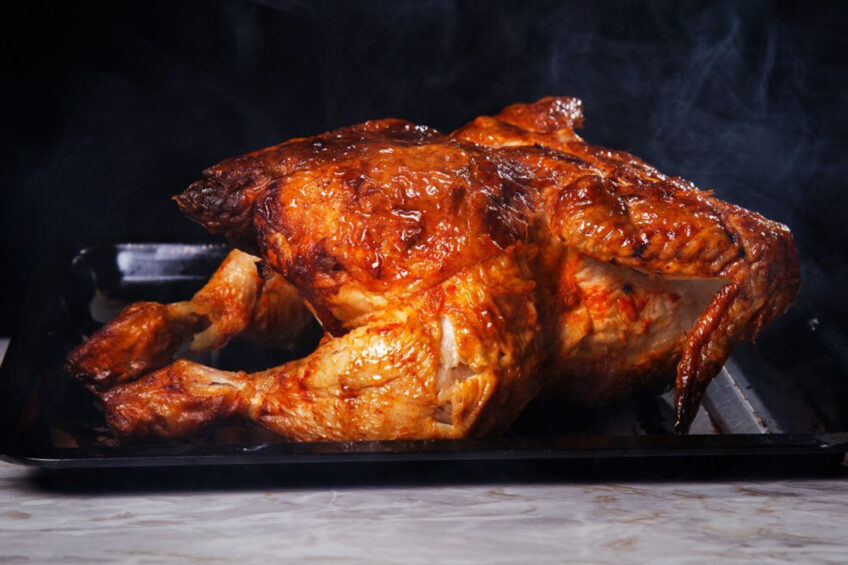
FAO Meat Price Index reveals chicken meat reached its highest price in June this year since the beginning of this series in 1990.
According to Food and Agricultural Organization (FAO), the Poultry Meat Index counts 130,39 points, 28.9% more than June 2021.
The number is also 4.5% above last month at 124.74 points, which is against the trend of the general FAO Food Price Index, which dropped slightly from 157.9 in May to 154.2 points in June 2022.
The barometer of world food prices fell slightly in June for the third consecutive month, FAO reported.
The index, which tracks monthly changes in international prices for a basket of commonly traded food commodities, nevertheless remained 23.1% higher than in June 2021.
The drop in June reflected declines in international prices for vegetable oils, cereals and sugar, while dairy and meat prices rose.
Meat Index
The FAO Meat Price Index, however, averaged 124.7 points in June, up 2.1 points (1.7%) from May, setting a record and surpassing by 14.0 points (12.7%) its June 2021 value.
World prices for all types of meat rose, with poultry prices rising sharply to an all-time high. The reason is continuous tight global supply conditions impacted by the war in Ukraine and outbreaks of bird flu in the northern hemisphere.
Beef prices rose as China lifted its import restrictions on purchases from Brazil. Meanwhile, pork prices rebounded slightly with higher imports from several leading importers amid continued low purchases from China.
International sheep meat prices also rebounded due to lower exportable volumes from New Zealand despite low demand from north Asia.
Brazil’s best semester
Brazil totalled 2.423 million tonnes of poultry meat exported in the first half of 2022, or 8% more than the same period last year. With regards to revenues, the rise for the semester is 36%, with US$4.728 billion in 2022, against US$3.476 billion in 2021.
According Ricardo Santin, president of ABPA (Brazilian Animal Protein Association), global food inflation, production costs and avian influenza outbreaks in various parts of the world had a direct influence on the result of Brazilian exports of chicken meat.
“International markets face difficulties in maintaining local production levels. As a countermeasure, they demand volumes from reliable, sanitary, and stable partners that produce sustainably, like Brazil,” says Santin.
 Beheer
Beheer


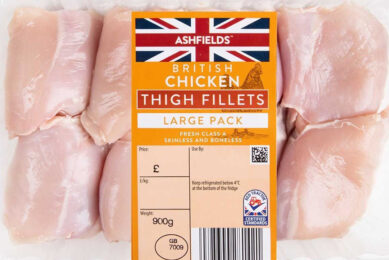
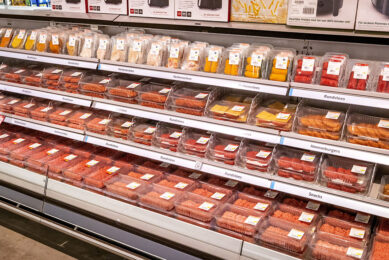
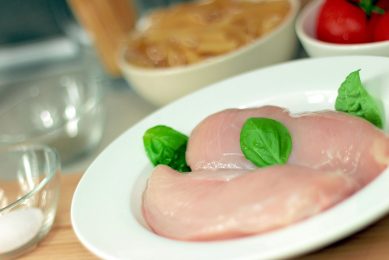
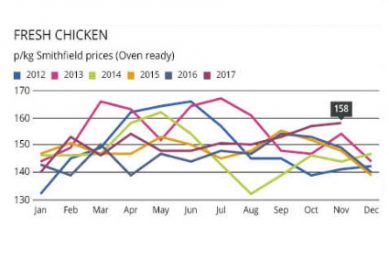





 WP Admin
WP Admin  Bewerk bericht
Bewerk bericht